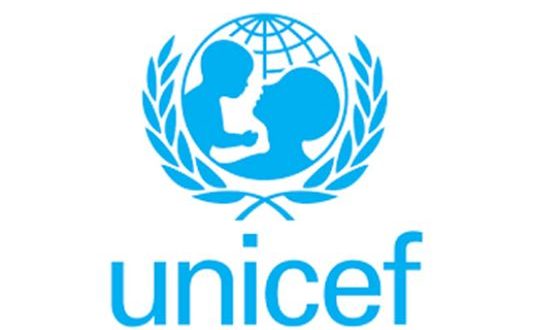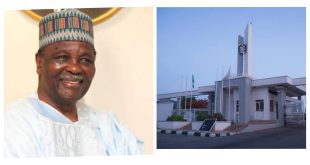The United Nations Children Education Fund (UNICEF) on Friday says an estimated three million children need emergency education support occasioned by the Boko Haram insurgency in the North East.
UNICEF’s Deputy Director, Justin Forsyth, told newsmen in Maiduguri that urgent interventions were necessary to address the situation.
Forsyth said that over 57 per cent of basic and post basic schools in Borno were closed down due to the crisis caused by the Boko Haram insurgency.
He disclosed that 1,400 schools were destroyed; 2,295 teachers killed, while 19 000 teachers were displaced by the insurgency in the region.
“An estimated three million children are in need of emergency education support at the start of the new academic year.
“Children in the North East are living through so much horror; in addition to malnutrition, violence and outbreak of cholera.
“The attacks on schools is in danger of creating a lost generation of children threatening their future and countries.
“To date, nearly one million children have been displaced by the crisis and 450,000 of them under the age of five are expected to suffer from severe acute malnutrition this year,” he said.
Forsyth explained that UNICEF in collaboration with government and partners were working to rehabilitate schools, classrooms and training of teachers to build a stronger education system.
The UNICEF official disclosed that the organisation in concert with development partners had so far enrolled 750,000 children in schools, established 350 temporary learning centres and distributed 94,000 packs of instructional materials to the displaced children in Adamawa, Borno and Yobe states.
“However, some children living in displaced camps in Borno state are actually benefitting from education for the first time in their lives.
“At Muna Garage Internally Displaced Persons (IDPs) camp in Maiduguri, an estimated 90 per cent of children were enrolled in schools for the first time,” he said.
Forsyth noted that the prompt interventions by the government and humanitarian organisation had assisted to mitigate malnutrition and famine in the war ravaged region.
The director stressed the need for a more comprehensive approach and greater commitments to address education, malnutrition and health needs of children affected by the insurgency in the region.
Forsyth also commended the Federal and Borno Governments over their commitment to reinvigorate the education sector and address the humanitarian crisis in the state.
He said that he would report to the organisation’s headquarters on the situation to enable it scale up activities in the region, adding that UNICEF is committed to the protection of children fundamental rights.
The News Agency of Nigeria (NAN) reports that Forsyth is in Borno for a three-day working visit, to appraise the UNICEF humanitarian interventions in the region.
The UNICEF chief visited IDP camps in Banki and Maiduguri where he interacted with families and children displaced by the insurgency.
UNICEF operates in 190 countries to promote the rights and wellbeing of children, safeguard and guaranty their rights to education and health as well as protection from violence and abuse. (NAN)
 National Telescope national telescope newspaper
National Telescope national telescope newspaper



